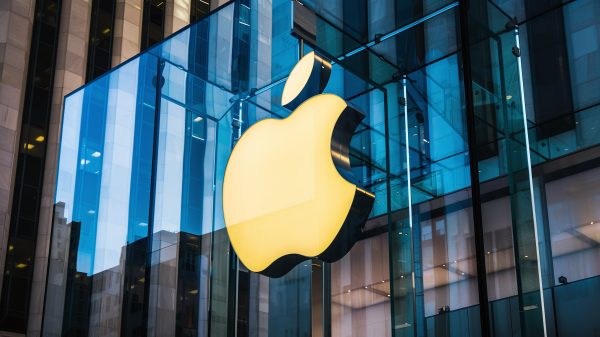The London Stock Exchange (LSE), one of the oldest and most respected financial hubs in the world, has taken a historic step into the future. The institution has announced the launch of its new blockchain-based platform, “LSEG Digital Markets,” designed for trading traditional assets. This move is not just a technological upgrade, but a clear signal that asset tokenization is ready to revolutionize institutional finance from within.
What is asset tokenization?
Essentially, tokenization is the process of converting rights over a real-world asset, such as shares in an investment fund or bonds, into a unique digital token that can be transferred on a blockchain. The new LSE platform will enable precisely this, creating a “digital version” of traditional assets. This will facilitate a much more agile trading lifecycle, from issuance and trading to settlement and custody, all within a secure and regulated digital environment.
Market impact
The London Stock Exchange’s decision to adopt blockchain is strategic. Rather than viewing decentralized finance (DeFi) and crypto assets as a threat, the LSE is building a bridge. By integrating this technology, it aims to capture the efficiency and innovation of the crypto world and apply it to the highly regulated, high-trust environment of traditional capital markets. This move could set a new standard for other global exchanges, accelerating the adoption of digital assets worldwide and blurring the lines between centralized and decentralized finance.
Key benefits: efficiency, transparency, and accessibility
Blockchain implementation promises to address some of the most entrenched inefficiencies in financial markets.
-
Operational efficiency: Settlement processes, which traditionally can take days (T+2), could be reduced to near-instantaneous, freeing up capital and reducing counterparty risk.
-
Enhanced transparency: All transactions are recorded on an immutable ledger, increasing transparency for regulators and market participants, helping build a stronger business model.
-
Greater accessibility: Tokenization can enable fractional ownership of assets, meaning smaller investors could access markets that were previously out of reach, democratizing investment opportunities.
Regulatory and security challenges on the horizon
Despite the optimism, the path is not without obstacles. Bringing blockchain technology into such a critical system requires careful navigation of the regulatory landscape. Authorities, such as the UK’s Financial Conduct Authority (FCA), are collaborating closely to ensure the platform meets the highest digital security and investor protection standards. Interoperability with existing financial systems and standardization of tokenized assets are other major technical challenges the industry must address.
The future of finance is being written today
The London Stock Exchange’s initiative is not an isolated experiment, but a confirmation of an unstoppable trend. By embracing tokenization, one of the world’s most important financial institutions is not only modernizing itself, but also laying the foundations for a faster, more transparent, and interconnected global financial ecosystem. Financial innovation is here, and its impact will be felt for decades to come.
Sources:
- Financial Times: London Stock Exchange to launch blockchain-based market for traditional assets
- Reuters: London Stock Exchange Group plans blockchain-based digital asset business
- Cointelegraph: London Stock Exchange to launch blockchain-powered traditional assets market
- Expansión: La Bolsa de Londres ultima una plataforma ‘blockchain’ para activos tradicionales
- Ledger Insights: LSEG confirms plan for digital asset exchange using blockchain



























